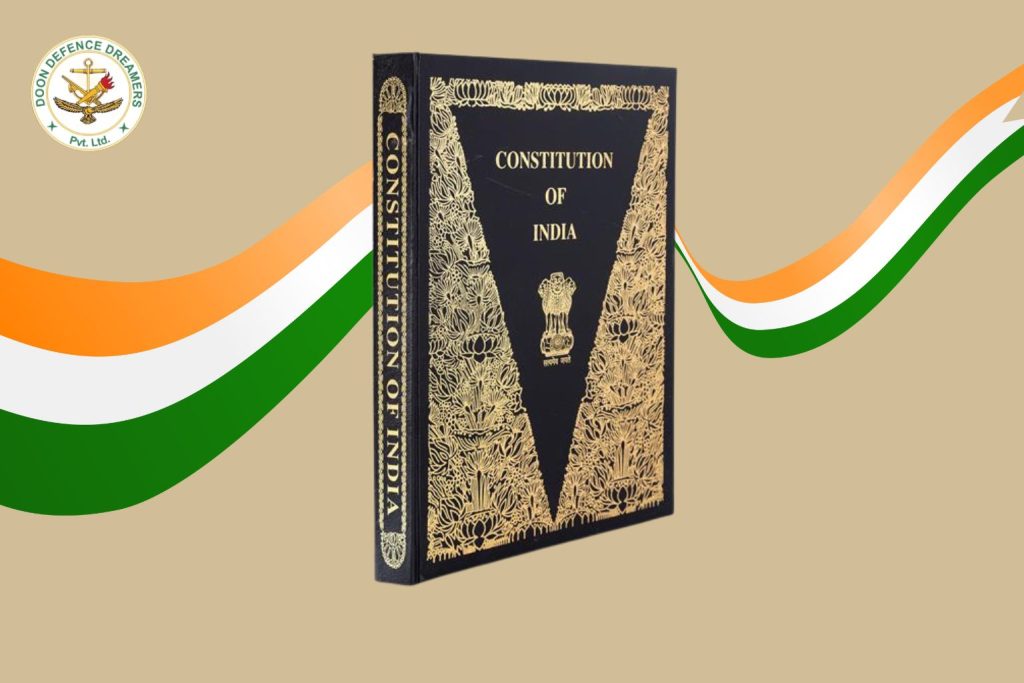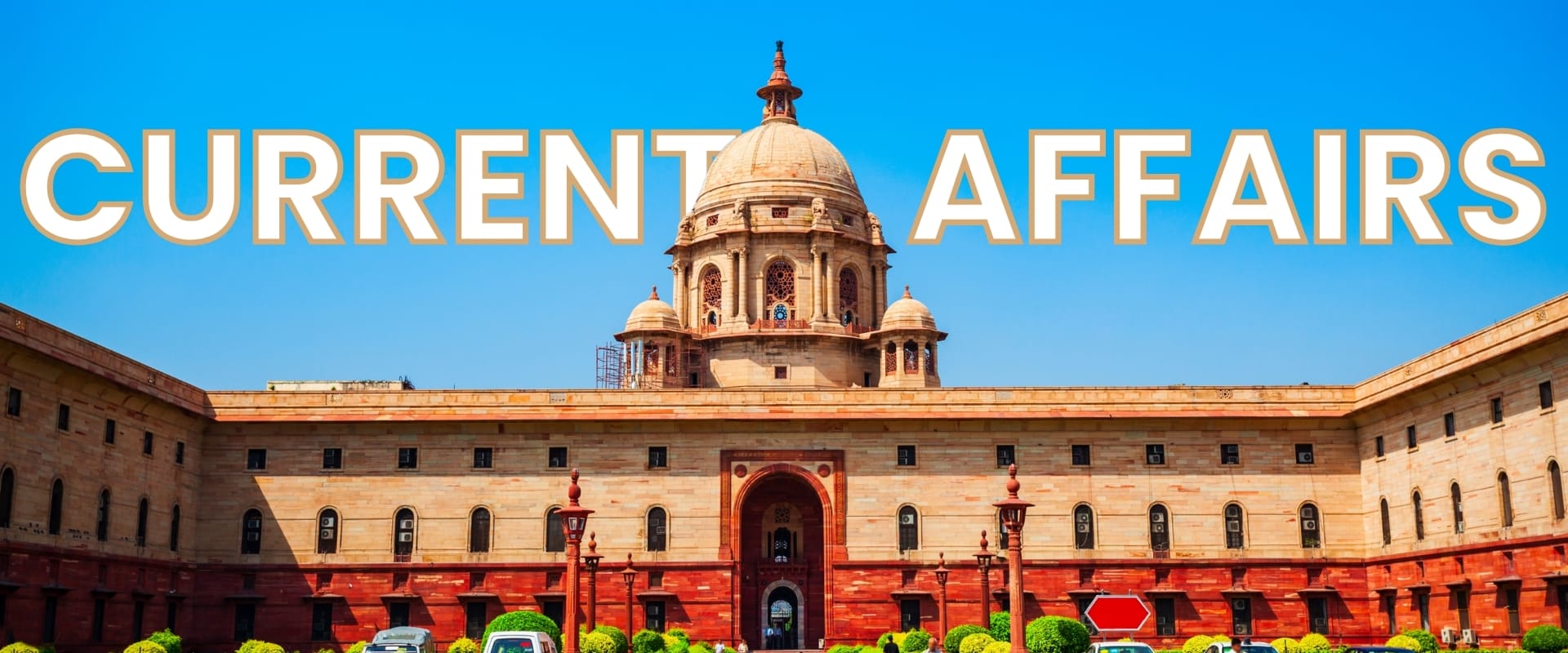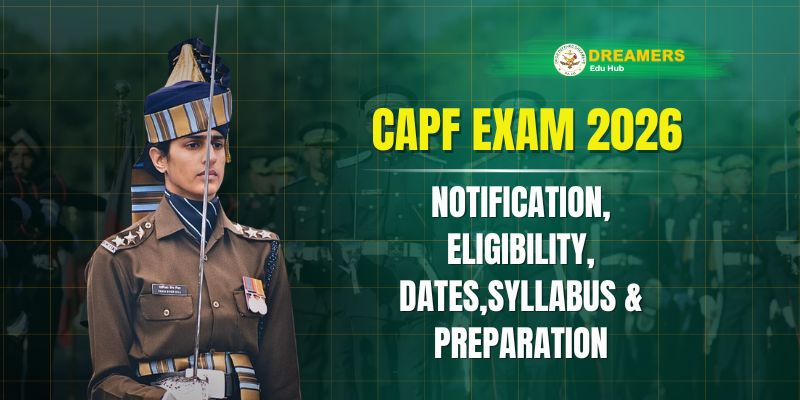Every year on 26 November, India pauses to remember one powerful document – the Constitution. Constitution Day (India) is the day we celebrate the moment when the Constituent Assembly adopted the Constitution in 1949 and laid the moral and legal foundation of our republic. It is a day to thank the framers of the Constitution, to read the Preamble again with fresh eyes, and to ask a simple question: are we living by its values in daily life?
In simple words, Constitution Day (India) is more than a date on the calendar. It is a reminder that the rights we enjoy and the freedoms we take for granted exist because of a written promise made to every citizen. That promise is not only for judges, lawyers or politicians; it belongs equally to students, workers, homemakers, farmers and children.
What is Constitution Day (India)?
Constitution Day (India), also called Samvidhan Diwas, is observed every year on 26 November. The day marks the adoption of the Constitution of India by the Constituent Assembly on 26 November 1949. The Constitution actually came into force on 26 January 1950, which we celebrate as Republic Day, but the decision to approve the final draft was taken in November. That is why 26 November was chosen as the special occasion.
This observance is officially recognised by the Government of India as a national day, not as a public holiday. Offices, courts and schools continue to function, but they hold special programmes to talk about the Constitution, its history and its values. Because of this focus on law and justice, the same date was earlier known as National Law Day before it was given its wider constitutional identity.

From National Law Day to Constitution Day of India
Long before it was formally renamed, 26 November already had a special place in Indian legal history. From 1979 onwards, members of the legal community began observing 26 November as National Law Day. This was mainly to honour the work of the Constituent Assembly and to reflect on the role of law in protecting democracy.
Decades later, in 2015, the Government of India decided to give this day a broader meaning and a new official name. As part of the 125th birth anniversary year of Dr B. R. Ambedkar, the government announced that 26 November would be celebrated as Constitution Day (India). The idea was to take the spirit of National Law Day out of courtrooms and law colleges and carry it into every school, college, office and village.
Today, both terms – Constitution Day of India and National Law Day – are still used in speeches and articles. However, the official name focuses on the Constitution itself and highlights that the day belongs to every citizen, not just to lawyers and judges.
Why 26 November is Special
To understand the importance of Constitution Day (India), we have to go back to the years immediately after Independence. The Constituent Assembly first met in December 1946. Over the next few years, it debated every part of the future Constitution:
-
Fundamental Rights
-
Duties of the state
-
Structure of Parliament
-
Role of the judiciary
-
Federal system between Union and states
-
Emergency provisions and safeguards
On 26 November 1949, after almost three years of intense discussion, the members of the Constituent Assembly finally adopted the Constitution. Dr B. R. Ambedkar, as Chairman of the Drafting Committee, played a central role in shaping the text, but he often reminded citizens that the success of the Constitution would depend on the people who use it. Constitution Day of India therefore celebrates not just a legal document but a living process of democracy.
The day is also linked to the broader journey of our Republic. The Constitution created the framework for:
-
Free and fair elections
-
An independent judiciary
-
Fundamental Rights
-
Directive Principles of State Policy
-
Separation of powers
When we observe Constitution Day (India), we are really celebrating the birth of these ideas in Indian public life.
The Meaning of Constitution Day (India) for Ordinary Citizens
For many students, Constitution Day (India) may first appear as another date to memorise for exams. But if we look deeper, it speaks directly to our everyday life.
The Constitution:
-
Protects our freedom of speech and expression
-
Guarantees equality before the law
-
Prohibits discrimination on grounds such as religion, caste, sex or place of birth
-
Promises protection of life and personal liberty
-
Directs the state to work for social and economic justice
When we talk about Constitution Day of India, we are talking about a day that reminds us of all these protections. Every time a student can ask questions in class without fear, every time a citizen can criticise a policy peacefully, every time a person can approach a court for justice, the spirit of National Law Day is alive.
If citizens forget their rights and duties, even the best Constitution becomes weak in practice. That is why Constitution Day (India) encourages people to re-read the Preamble, to know at least the basic Fundamental Rights and Fundamental Duties, and to see themselves as active participants in democracy, not just passive observers.
Role of Dr B. R. Ambedkar and the Framers
No article on Constitution Day (India) is complete without talking about Dr Bhimrao Ramji Ambedkar. Often called the architect of the Constitution, he guided the Drafting Committee in converting broad ideals into clear legal language. He spoke strongly about social equality, dignity for the oppressed and the importance of constitutional methods rather than violence.
On Constitution Day of India, many programmes pay tribute to Dr Ambedkar and the other members of the Constituent Assembly. These 299 men and women represented different regions, religions, castes and professions. Together, they produced a document that is both detailed and flexible, allowing change through amendments while keeping the core values of justice, liberty, equality and fraternity intact.
By remembering their work on National Law Day, we remind ourselves that democracy is a collective effort, not the achievement of one person alone.
History and Evolution of National Law Day
It is useful to understand how National Law Day began. In the late 1970s, the Supreme Court Bar Association suggested that 26 November should be observed as Law Day to honour the work of the framers and to strengthen respect for the rule of law. For many years, this observance was limited mainly to the legal world – courts, bar associations and law universities.
When the government declared 26 November as Constitution Day (India) in 2015, the older name did not disappear. Instead, National Law Day slowly became part of a larger story. The focus moved from only professional discussions on legal issues to a wider public effort: making the Constitution meaningful for schoolchildren, youth and ordinary citizens.
Today, when schools organise essay competitions on Constitution Day of India or when colleges hold debates on Fundamental Rights, they are continuing the original spirit of National Law Day in a more inclusive way.
How Constitution Day (India) is Celebrated
1. Schools and Colleges
On Constitution Day (India), schools across the country usually start the day by reading the Preamble aloud during assembly. Teachers explain each line in simple words: what sovereignty means, why we value socialism and secularism, and how democracy works in practice. Many schools organise:
-
Essay, quiz and speech competitions on themes related to the Constitution
-
Poster-making or slogan-writing activities on rights and duties
-
Role plays or skits showing debates in the Constituent Assembly
Through these activities, Constitution Day of India becomes an interactive learning experience rather than just a formal lecture.
2. Colleges, Universities and Law Institutes
In universities, especially in law and social science departments, Constitution Day (India) is an opportunity for deeper discussion. Law students take part in:
-
Mock parliamentary debates
-
Moot court competitions on constitutional issues
-
Panel discussions on topics such as freedom of expression, reservation or federalism
These events connect classroom learning with the lived reality of the Constitution. They show that the idea behind National Law Day is not only to praise the Constitution but also to question, interpret and improve it.
3. Government Institutions and Civil Society
Government ministries, Parliament and state legislatures also mark Constitution Day (India) with special sessions, speeches and oath-taking ceremonies. Public servants may renew their commitment to work according to constitutional values. Many campaigns focus on spreading awareness about Fundamental Duties, such as respecting the national flag, protecting the environment and promoting harmony.
Civil society organisations and child-rights groups often celebrate Constitution Day of India with children and youth. They encourage young citizens to read the Preamble, to understand that they have rights to education, protection and participation, and to speak up against injustice. In this way, National Law Day becomes a platform to connect the text of the Constitution with real struggles for equality and dignity.
Key Values Remembered on Constitution Day (India)
Every observance of Constitution Day (India) revolves around a few core values written in the Preamble:
-
Justice – social, economic and political
-
Liberty – of thought, expression, belief, faith and worship
-
Equality – of status and opportunity
-
Fraternity – assuring the dignity of the individual and the unity and integrity of the nation
Constitution Day of India is not just about remembering these words; it is about checking whether we are moving closer to them. Are marginalised communities getting real justice? Are all citizens able to enjoy liberty without fear? Do women, Dalits, minorities and persons with disabilities truly have equal opportunities?
When we ask these questions honestly on National Law Day, we honour the Constitution in the best possible way. The day becomes a mirror in which the nation can see its progress and its gaps.
Constitution Day (India) and the Youth
Young people are at the heart of Constitution Day (India). They are the ones who will carry the document forward into the future. For them, this day is a chance to:
-
Learn how the Constitution affects everyday issues like exams, jobs, reservations and personal freedoms
-
Understand the balance between rights and duties
-
Discover inspiring stories from the freedom struggle and from debates in the Constituent Assembly
When the younger generation takes Constitution Day of India seriously, they become more responsible users of social media, more thoughtful voters and more confident defenders of the rule of law. They realise that National Law Day is not an abstract idea; it is directly linked to their own future.
How You Can Observe Constitution Day (India) Personally
You do not need a big event to make Constitution Day (India) meaningful. A few simple actions can turn the day into a personal reminder of your role as a citizen:
-
Read the Preamble slowly and reflect on each phrase
-
Share one constitutional value you care about with friends or family
-
Learn at least three Fundamental Duties and try to practise them
-
If you are a teacher, discuss Constitution Day of India with your students through stories and examples
-
If you are a student, prepare a small speech or poster about National Law Day and present it in class or in a positive online discussion
These small steps make the Constitution more than a textbook chapter. They turn it into a living guide for behaviour.
Conclusion
Constitution Day (India) is a powerful reminder of the promise that independent India made to itself on 26 November 1949. It tells us that democracy is not just about elections held once in a few years; it is about the daily relationship between state and citizen, protected by a written Constitution. When we speak of Constitution Day of India, we are speaking about respect for human dignity, fairness in law and equal chances for every person to grow.
The journey from National Law Day in 1979 to the official observance as Constitution Day (India) in 2015 shows how our understanding of this date has widened. It has grown from a professional celebration by lawyers to a national moment of reflection for everyone. If we use this day each year to learn a little more, to question a little deeper and to practise our duties a little better, then the spirit of the Constitution will remain strong.
In that sense, Constitution Day (India) is not only about honouring the makers of the Constitution in the past. It is also about trusting the citizens of today and tomorrow to protect, improve and live by the values written in that great document.
About Doon Defence Dreamers
At Doon Defence Dreamers, we provide complete preparation for NDA, CDS, AFCAT, RIMC, RMS, and SSB interviews with expert faculty and personalized mentoring.
We offer hostel facilities, daily physical training, and a disciplined environment to help every student achieve their dream of joining the Indian Armed Forces.
Our recent success speaks for itself — 35 students selected together, and over 710 candidates cleared the written exams for NDA and CDS.
If you are looking for the Best NDA Coaching in Dehradun or Top CDS Coaching in Dehradun, Doon Defence Dreamers is your trusted destination.
Join us today and start your journey towards becoming an officer in the Indian Armed Forces with confidence and pride.

































